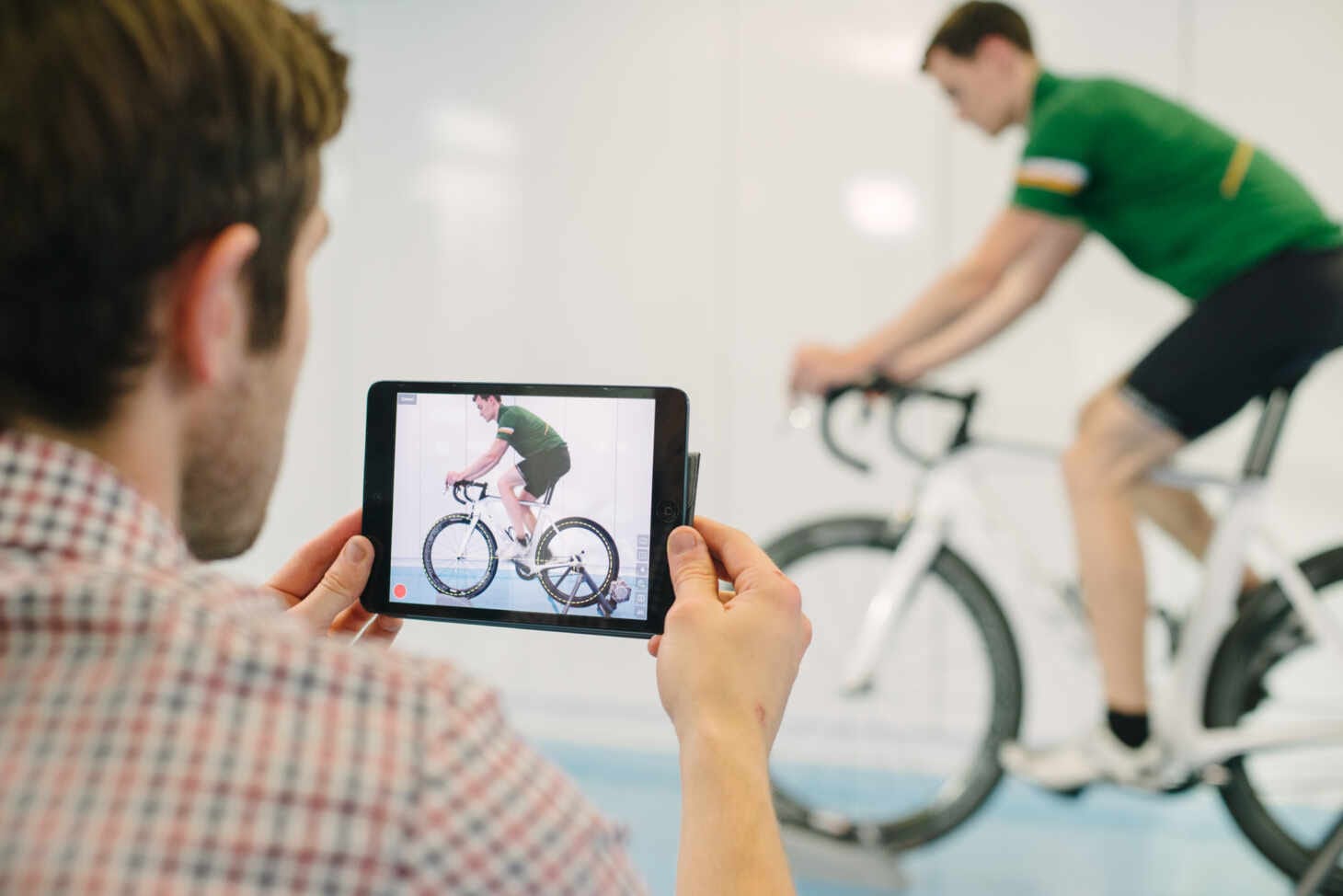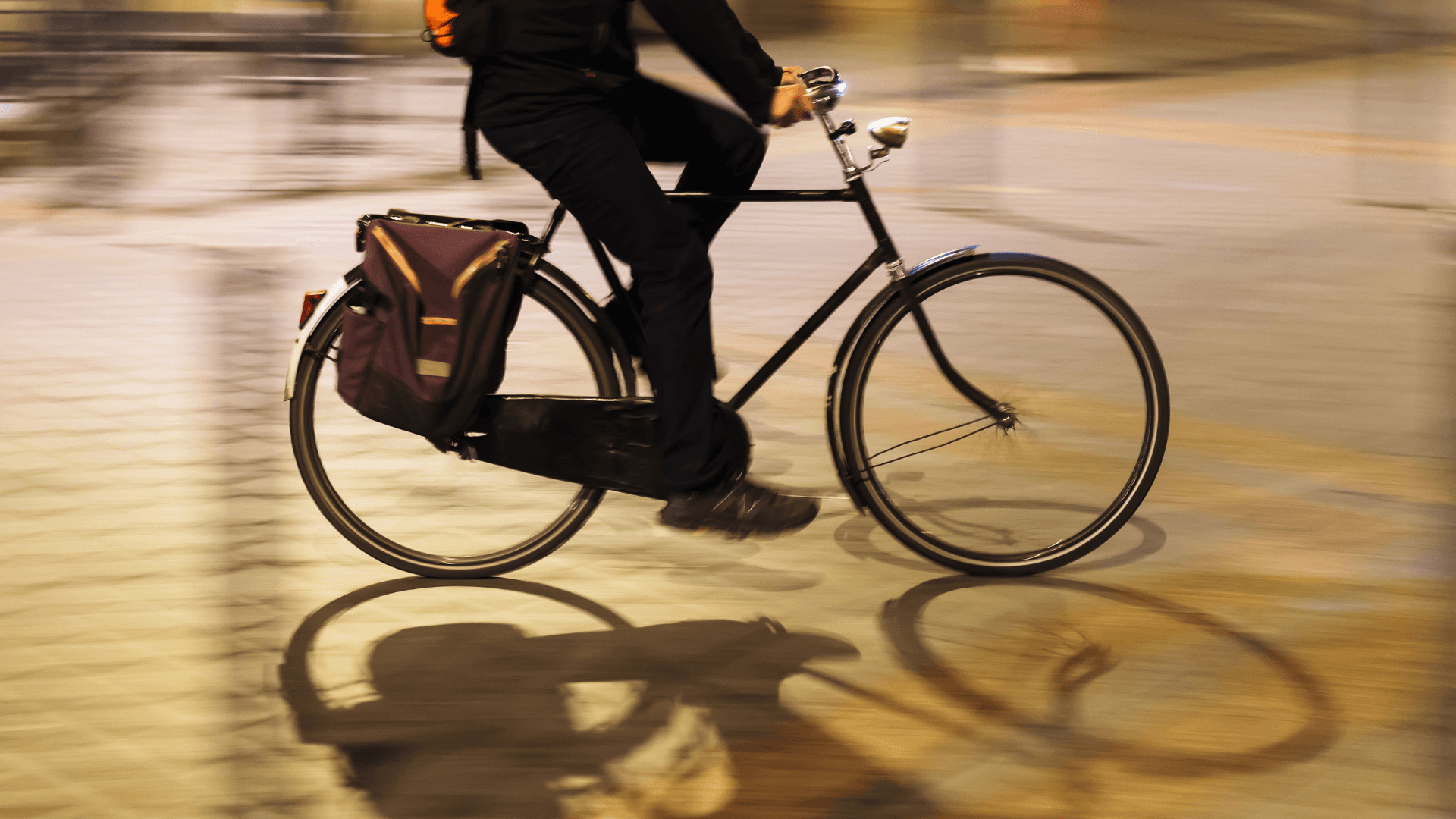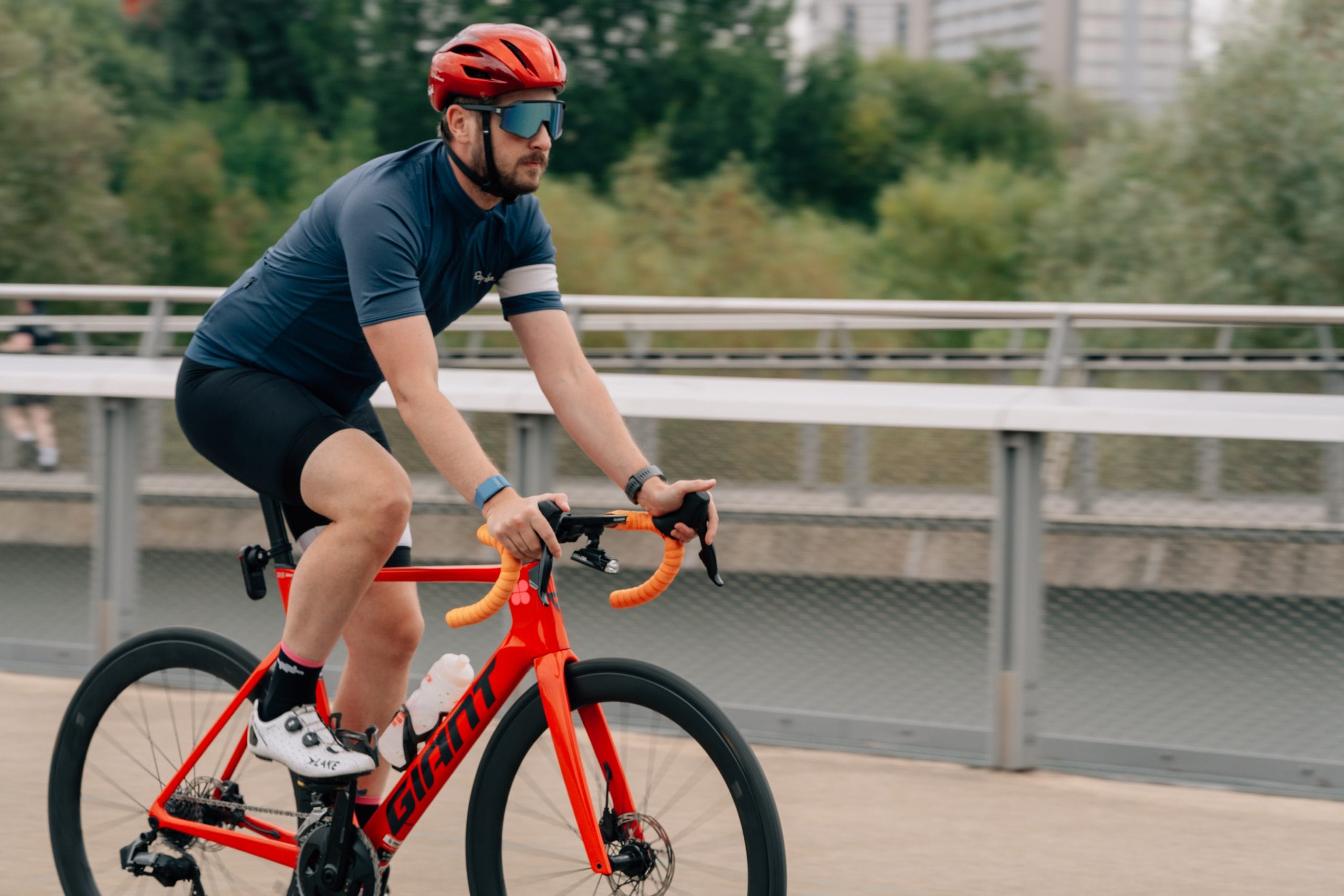What is a Bike Fit and Do I Need One?

Claire Small
Chief Clinical Officer & Consultant Physiotherapist
- 16 December, 2019
- Cycling
- 2 min read
What is a Bike Fit and Do I Need One?

This is certainly a common question in our clinics – ranging from a first timer who was ‘fitted’ in the shop when they bought their bike, to the experienced rider who had one ‘a while ago’.
If you are uncomfortable on your bike, suffering niggles or currently have an injury exacerbated by cycling the answer is… yes!
Proper bike position is critical to provide comfort, improve performance and reduce overuse injuries. With riders in the saddle for hours at a time injuries are thought at to affect up to 85% of people.
With first timers, the fit in the shop is good enough to get them out on the road but many complain of pain on longer rides.
As riders gain experience their fitness improves and body adapts meaning their fit on the bike needs to be adjusted accordingly as they go faster and for longer.
During a bike fit we make adjustments at the 3 main points of contact; the pedal, seat and handlebars. The most common injuries/pain points are: the knee, lower back, perineum, hands and feet.
Here are two quick fixes for common on-the-bike niggles.
Knee Pain

This is the most common complaint accounting for up to 65% of injuries.
Typical causes are increased knee flexion at the top of the pedal stroke. This leads hitching of the hip and increased rider lateral movement. An easy way to assess this is to measure the angle of knee extension when the leg is at its straightest point.
In the picture below, the knee angle is 144 degrees or 180-144.7 = 35.3 degrees. This is within acceptable limits although recent research recommends a straighter knee angle of 25-30 degrees as optimal.
For this example if I experienced knee pain, then raising it to increase knee extension angle by 5-10 degrees could certainly make a difference.
Hand Pain
In the picture above, the upright body position may ease any niggling lower back pain but it’s poor for aerodynamics and speed.
You can see the elbows are locked to provide support and so are not soft and relaxed. This position can put extra strain on the hands and wrists, leading to pressure on the ulnar nerve and numbness into the fourth and fifth fingers.
Bringing the seat forward would allow the cyclist to bend their elbows to take the weight through the triceps and reduce hand pressure. Furthermore tilting the angle of the bars upwards would allow them to flex their wrists more easily and reduce pressure.
To see what is included in a Clinical Bike Fit Analysis, watch our helpful video below.
During your Clinical Cycling Analysis there are many aspects assessed and adjusted, where necessary, and it’s certainly not just about angles; we take in to consideration the rider’s balance, control and how they feel on the bike.

Advice
Over the last 20+ years our experts have helped more than 100,000 patients, but we don’t stop there. We also like to share our knowledge and insight to help people lead healthier lives, and here you will find our extensive library of advice on a variety of topics to help you do the same.
OUR ADVICE HUBS See all Advice Hubs
